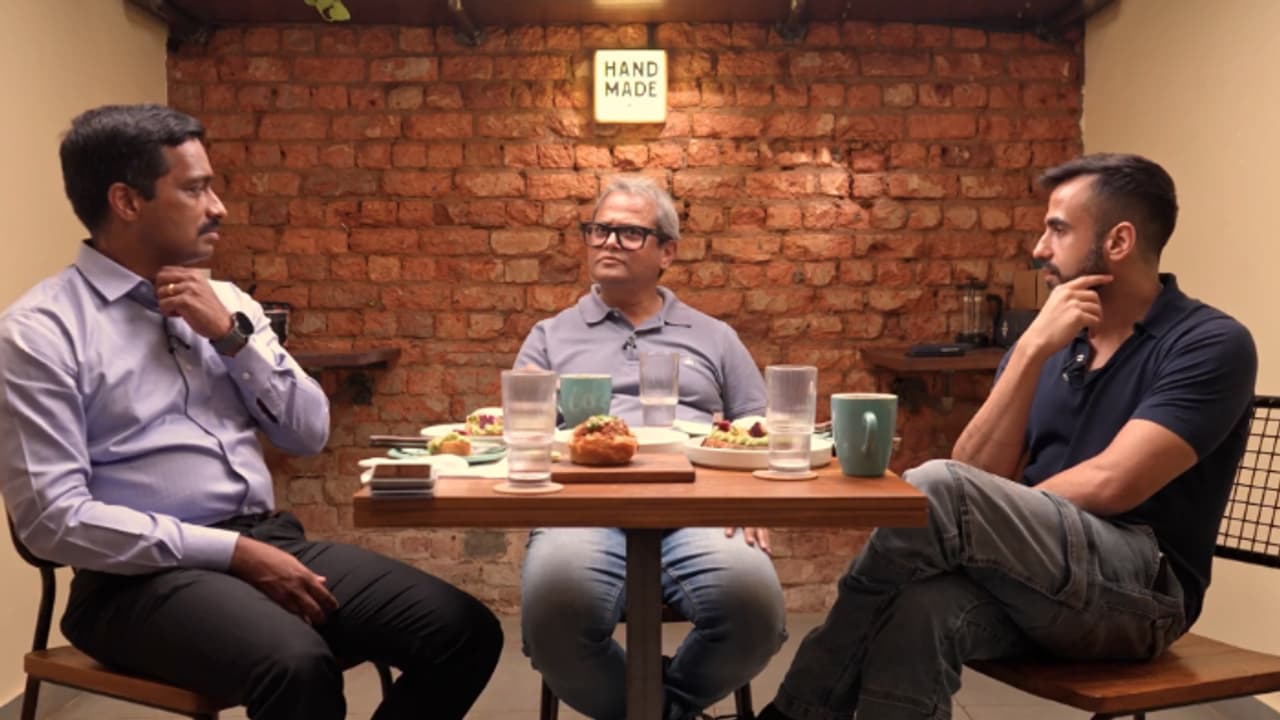Zerodha’s Nikhil Kamath discussed Bengaluru’s traffic woes with top cops on his "WTF" podcast. The officers highlighted explosive growth post-IT boom, emphasising the need for long-term solutions.
Bengaluru: Bengaluru: Zerodha co-founder Nikhil Kamath took up Bengaluru’s infamous traffic crisis on his podcast “WTF”, hosting an eye-opening conversation with the city’s top police officials, Commissioner of Police B Dayananda and Joint Commissioner (Traffic) MN Anucheth. The discussion spotlighted the widening gap between the city’s rapid expansion and its outdated infrastructure.

Nikhil Kamath, who is a Bengaluru native, said the city’s traffic problems often overshadow its many achievements. “Wherever I go and talk about how great Bengaluru is, people always respond with, ‘Traffic, traffic, traffic.’ I wanted to find out why and whether there’s any real solution,” he said on the show.
Joint Commissioner Anucheth traced the issue back to the early 2000s, when the city saw an IT-driven population boom. “After the tech boom, Bengaluru’s growth exploded. But infrastructure hasn’t grown at the same pace,” he said.
He revealed staggering figures to highlight the imbalance: Bengaluru now has over 1.23 crore registered vehicles for a population of 1.5 crore, equating to 872 vehicles per 1,000 people, one of the highest ratios in the country. “Vehicle numbers have doubled in the past decade, increasing at an annual rate of 8% from 2013 to 2023. But our road network hasn’t expanded accordingly,” Anucheth added.
Public transport, too, has struggled to keep up. Before the arrival of the Namma Metro, BMTC buses were the only major mass transit option. “Other cities had alternatives; Kolkata had trams, and Delhi had the metro. Bengaluru lagged behind,” he said.
Kamath shared his personal frustration with slow infrastructure progress, citing the metro construction near his home on Bannerghatta Road. “It started nearly ten years ago. It’s still going on,” he noted.
Commissioner Dayananda acknowledged the frustrations but said systemic solutions take time. “We know people are angry. But change doesn’t happen overnight. We need better public transport, smarter urban planning, and large-scale infrastructure investments. These are all in the pipeline,” he assured.


